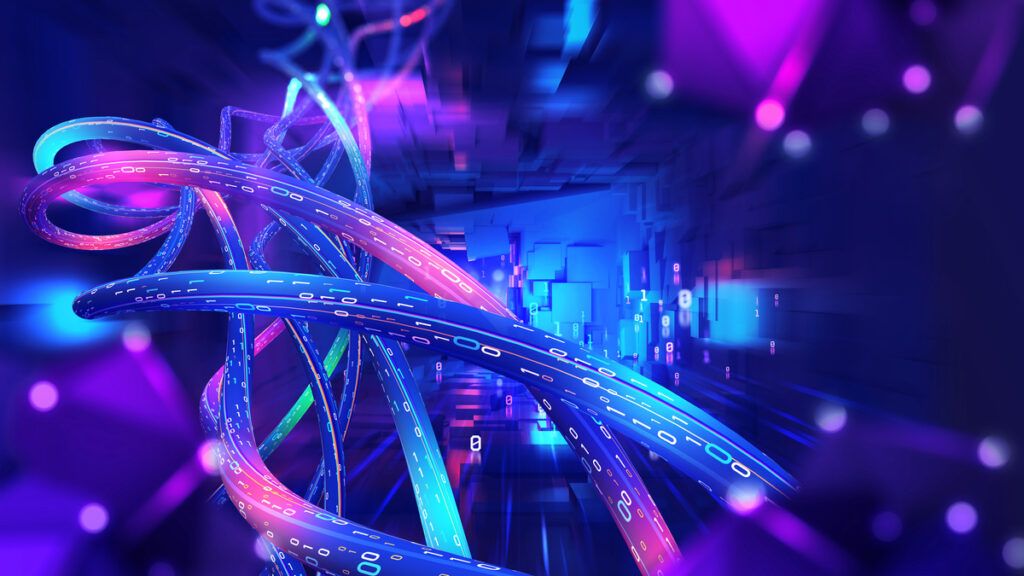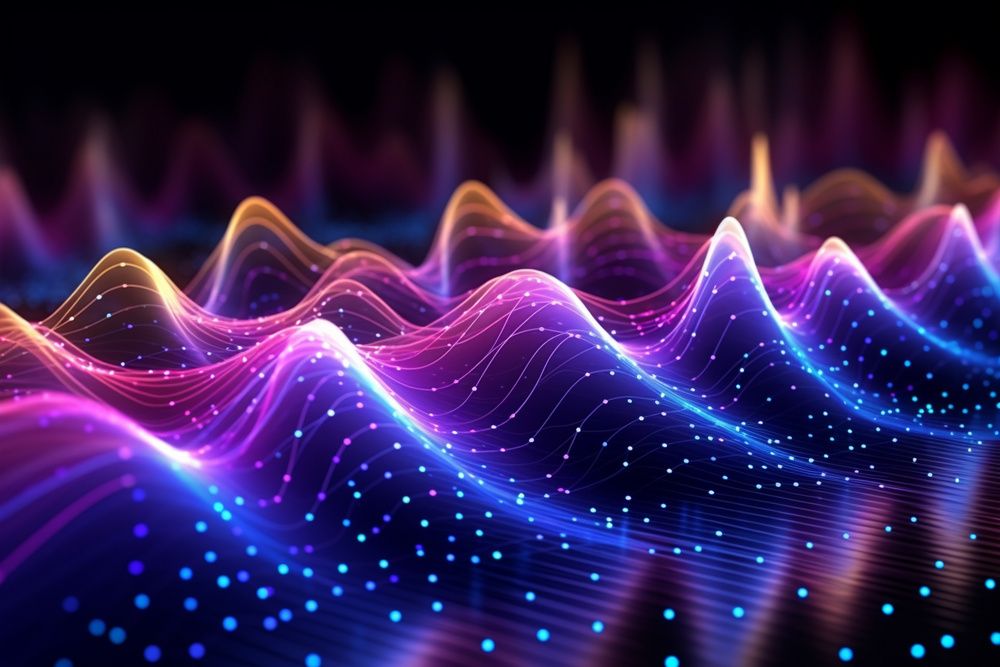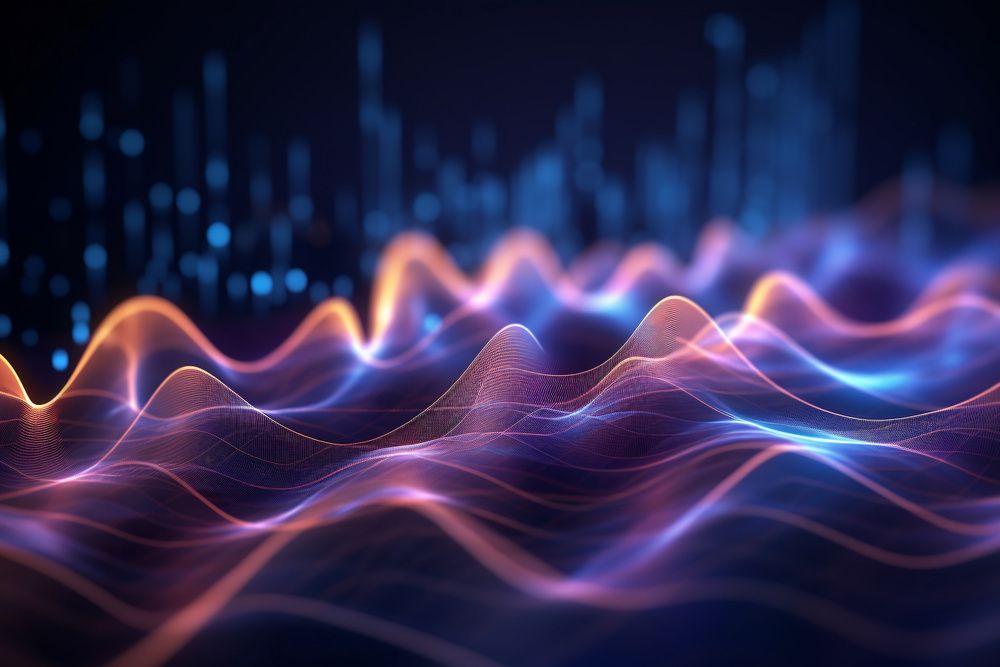The blockchain, cryptocurrencies, and NFTs (non-fungible tokens) are all the
subject of so much hype that it may occasionally be difficult to understand the
true value of the technology. Since cryptocurrencies and NFTs are primarily
valued as speculative assets, it can be challenging to comprehend their
fundamental worth.
Although the idea is still extremely new and has only been attempted in a few
organization types thus far, understanding the value of DAOs, or decentralized
autonomous organizations, is somewhat simpler. So what is a DAO
crypto?
What Is a DAO in Crypto?
A DAO is a blockchain-based system for bringing together individuals and their
online interests. A public ledger system that only lives online is known as the
blockchain. It ensures that every “block” written to it can be verified using a
sophisticated cryptographic mechanism.
In the form of smart contracts, this ledger, which is often maintained by a
group of internet elves known as “miners,” may be used to keep an organization’s
legal bylaws. So then, what is a DAO NFT?
What Is a DAO in NFT?
The existence of collector DAOs is one example of the intimate relationship
between NFTs and DAOs. A collector DAO is a business that combines resources to
buy and sell NFTs. It can often be difficult for smaller traders to raise the
necessary funds to invest in an NFT operation, especially a more well-known one.
A piece of an NFT can be owned by numerous people because of collector DAOs.
Smaller NFT traders now have the chance to participate in more expensive
ventures. The relationship between DAOs and NFTs extends beyond collector DAOs.
DAOs can contribute to NFT project creation through community governance. DAOs
may be able to assist budding NFT developers in building a community. Similar to
a crowdfunding website, collector DAOs let users vote on the NFT projects they
think will succeed the most, which helps generate money and build active
communities.
Creators and community members may work together to make decisions and offer
suggestions for the NFT project’s future course.
Advantage of DAOs
DAOs are designed so that participants don’t need to “trust” one another. They
may, in fact, be complete strangers. That’s because participants either carry
out or refrain from carrying out the smart contract’s requirements.
On the blockchain, where the data is permanent and made public, the contract
conditions and all participant activities are encoded in the code. A distrust of
centralized human control is a fundamental component of the DAO way of thinking.
There’s no CEO who may approve expenditures based on their whims, and there’s no
possibility of anybody falsifying the accounts. Theoretically, a DAO’s
decision-making authority is divided among all members and automated to reduce
the need for ongoing management.
Disadvantage of DAOs
Despite their name, modern DAOs are neither entirely decentralized nor wholly
democratic. They still rely to some extent on the participants having faith in
the people who created the DAO and its founding objectives and guiding
principles.
It’s also necessary to have faith in that human group to select an appropriate
governing structure. In other models, regardless of the amount, each
cryptocurrency contributor receives a single token representing one vote in the
DAO’s future choices.
If a participant who donated a significant amount of cryptocurrency was given
the same voice in crucial decisions as someone who gave a smaller amount, it
might be unjust.
Why Form DAOs?
You may create a DAO to raise money for a good cause or to create an investment
corporation where each member contributes money in return for equity in a
particular business or project.
Each participating member may make a cryptocurrency payment in an amount that
would determine how many tokens they might get from the DAO. The smart contract
might include possible schedules for the pay-in and pay-out.
The well-known cryptocurrency Bitcoin may be compared to a DAO, where
participants engage in contracts to purchase and sell the asset following
predetermined conditions, and everything is recorded on the blockchain. The
Ethereum network, the second-largest blockchain, is used by most DAOs currently
in existence.
The Bottom Line
The existence of collector DAOs is one example of the intimate relationship
between NFTs and DAOs. A collector DAO is a business that combines resources to
buy and sell NFTs.
It can often be difficult for smaller traders to raise the necessary funds to
invest in an NFT operation, especially a more well-known one.
A piece of an NFT can be owned by numerous people because of collector DAOs.
DAOs offer several intriguing application cases and have been around for a long
time. They can be a useful instrument for fostering the expansion of both
ongoing and new NFT initiatives.
We’ll most certainly see more applications adopting DAOs as the NFT market
expands. In terms of DAOs, it’s still early. As they develop, polish themselves,
and uncover new use cases, these organizations and the technology that supports
them should be continuously monitored.



